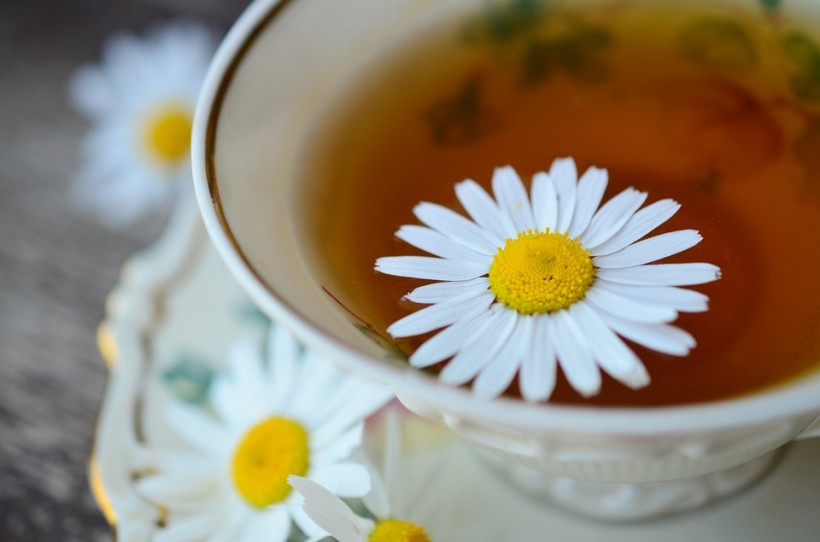In Ayurveda, Rasayana is the branch of therapy that deals with building healthy tissues in the body. There are seven layers of tissues (or dhatus), which support our body’s function and existence. All need to be strong, balanced, and tonified in order to us to feel overall strength and health. Rasayana protocols will nourish the tissues to create a strong immune system and increase ojas (overall strength and vitality).
Rasayana is especially important after periods of cleansing. Cleanses are ever-so-popular in our modern world, but what many people overlook is the fact that cleanses are depleting. When we work to de-toxify the body we are drawing things out of it. The aim is to remove toxins, but when we facilitate an outward flow of energy we are bound to lose some of our beneficial reserves of energy as well. In Ayurvedic practice, therefore, rasayana, or a post-cleanse rejuvenation routine, is an essential part of any cleanse.
Rasayanas should be incorporated after a 1-2 week period of detoxification. They can take the form of food, herbs, routines, as well as mental practices. Rasayanas will nourish and build healthy tissues in the body, strengthen the immune system, and increase your overall health or ojas. They also calm the mind and promote mental health.
Rasayana begins with diet, so be sure to eat only fresh foods, nothing canned or processed. This is the first step in nourishing and rejuvenating the system. Dates are a great rasayana food because they nourish the first layer of bodily tissues (rasa), which in turn nourishes the others. A shake made with homemade almond milk or organic cow’s milk, dates, saffron, cardamom and ghee is a very rejuvenative food.
An excellent Ayurvedic rasayana formula is Chyavanprash, an herbal jam that is good for all three doshas. The main ingredient is amla (or amalaki), a common fruit used in Ayurveda. It has powerful rejuvenative effects in itself, and is also a great conduit for facilitating absorption and assimilation of the other herbs in the formula. It can be taken 2-3 times per day alone, in milk or on toast.
More rasayana herbs include ashwaganda (helps build the tissues, boosts immunity, and calms the mind), shatavari (nourishes all the tissues, great for the female reproductive system), and guduchi (boosts immunity for all three doshas). Tulsi (holy basil) helps to clear the mind and open up the sinuses, stimulating deeper perception and awareness. Brahmi, commonly taken in ghee, is another powerful rasayana herb for cleansing the brain and nervous system, and is very good for meditation. Other rasayana herbs for the kapha season include garlic, guggul, and pippali (long pepper).*
In addition to food and herbs, rejuvenation should include engaging in healthy, sattvic behaviors for the mind and spirit. Rasayana behavioral practices include meditation, yoga, mantra, spiritual practice, charity, service, scriptural study, eating and sleeping at the proper times, keeping an open mind, and embracing peace and love rather than violence and anger. Feeding healthy inputs to all of the senses, and invoking spirit or one’s higher self in whatever way calls to you, is of utmost importance for building and maintaining health and balance.
*Always consult your healthcare practitioner before use to know what herbs, diet and routine are right for you. Ayurveda is a science that recognizes the uniqueness of each individual, and therefore what is good for one person may not always be good for another. Depending upon your individual constitution or any chronic health conditions or imbalances you face, a different protocol may be required. A more in-depth Ayurvedic cleanse, such as a Pancha Karma treatment, can be undertaken with the assistance of a professional Ayurvedic practitioner.

